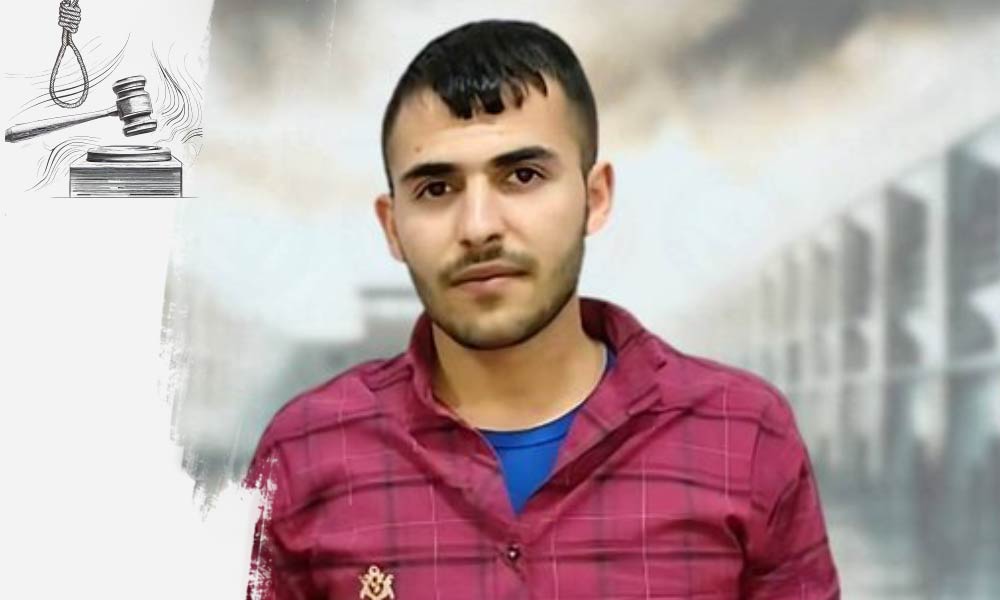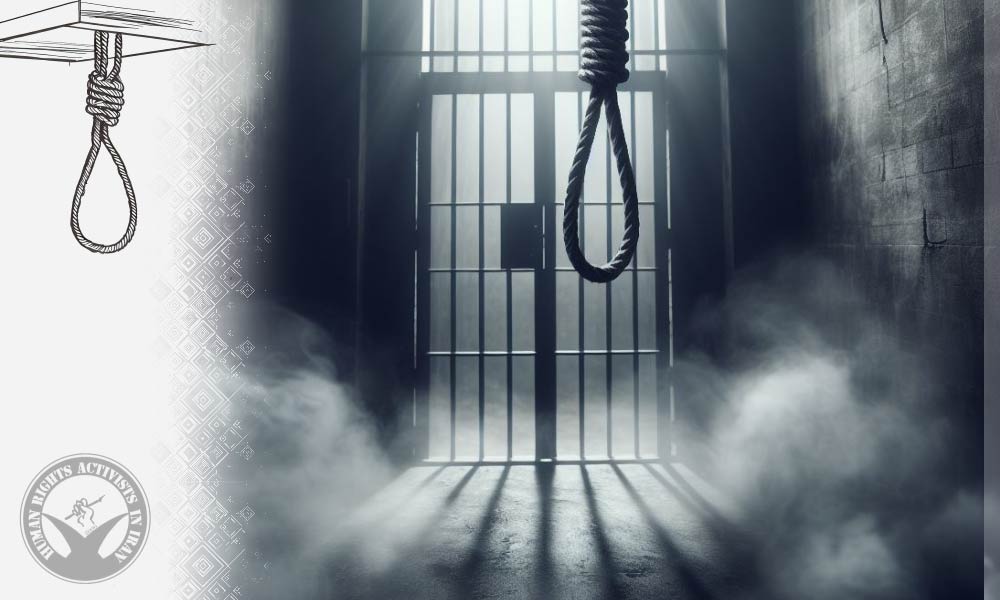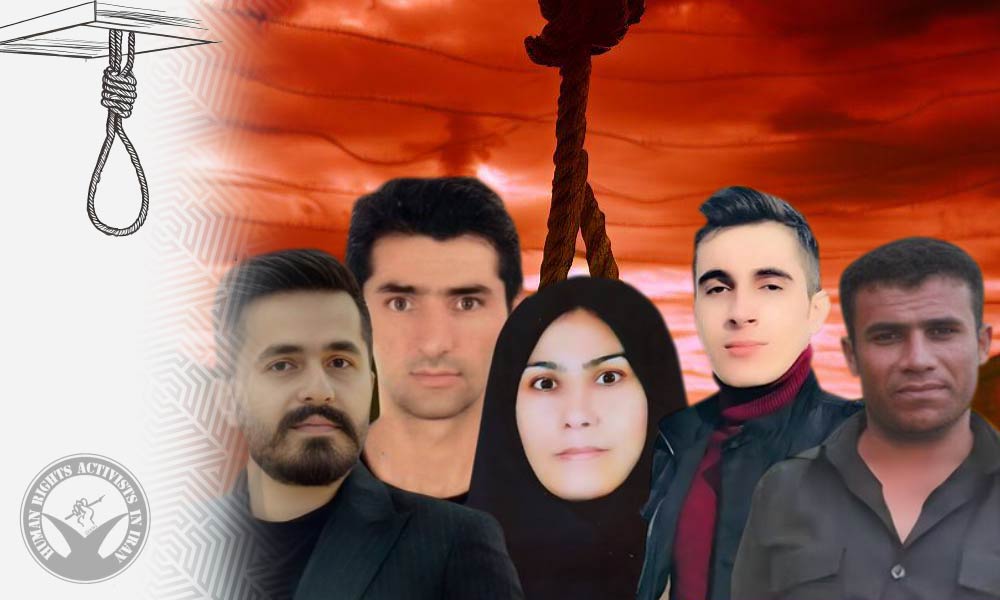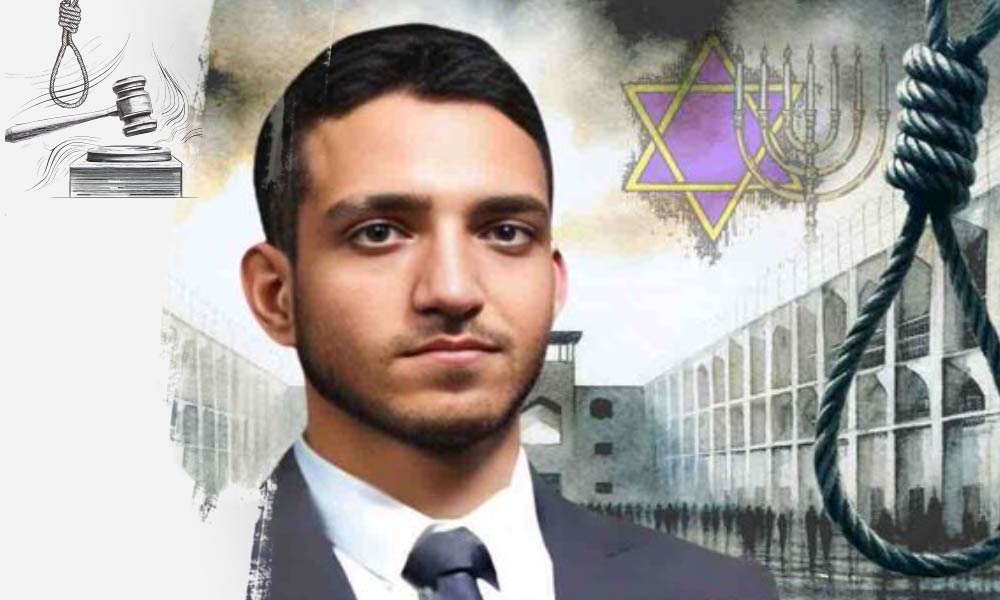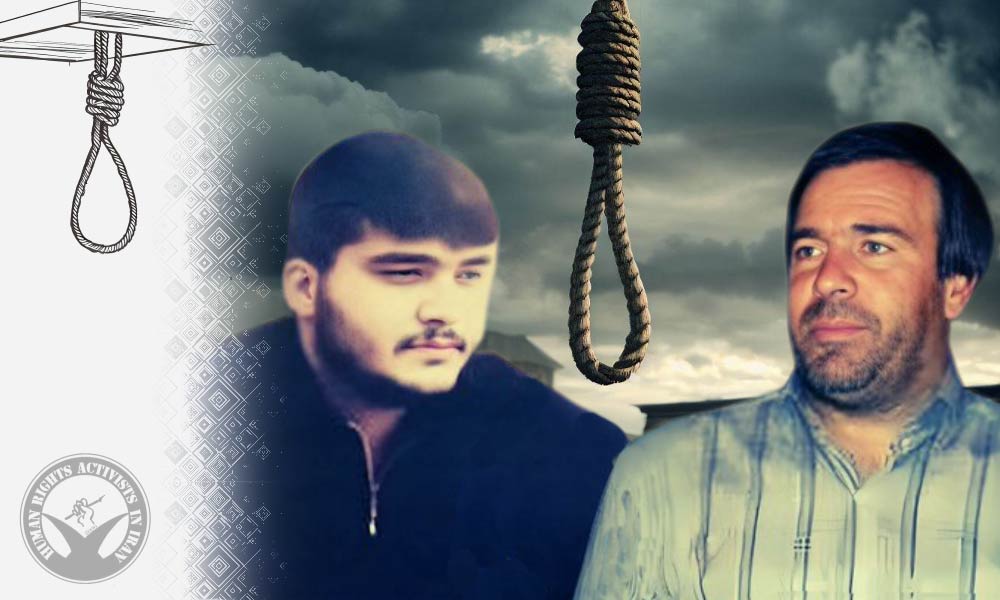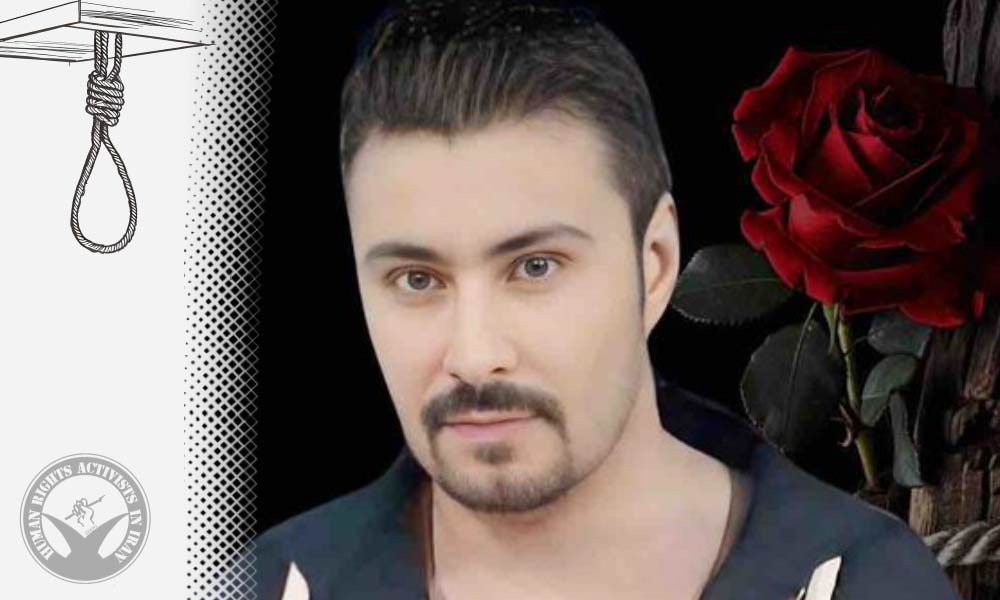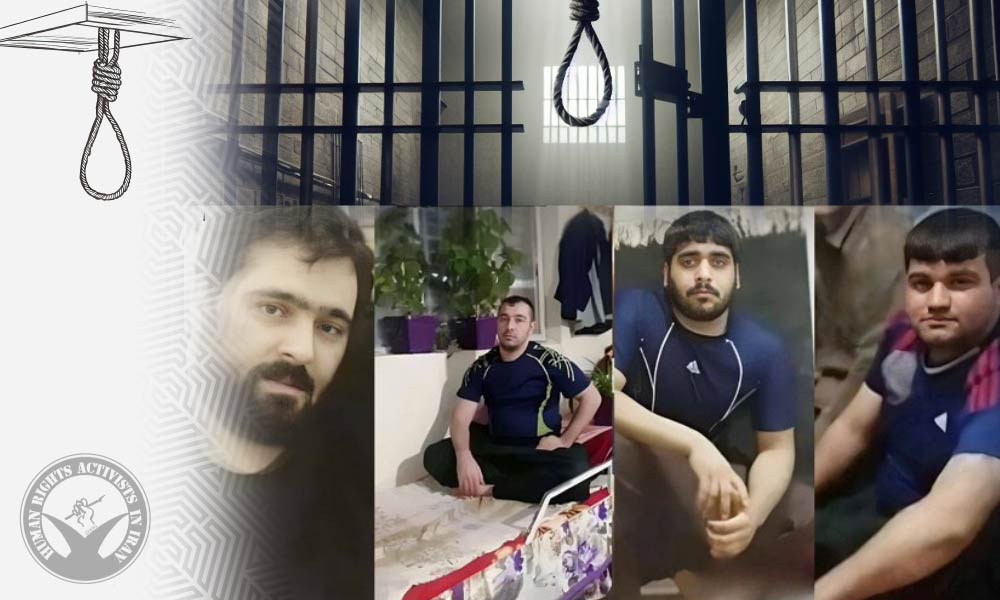On May 18, 2024, 20-year-old Ramin Sa’adat was executed at Miandoab Prison for a murder committed when he was 16 years and five months old, reports Kurdpa.
Sa’adat was arrested after a fatal altercation. He maintained throughout his trial that he had not delivered the deadly blows.
No official sources or domestic media outlets within the country have provided coverage of these executions at the time of writing.
In 2023, the Department of Statistics and Publication of Human Rights Activists in Iran registered the execution of 767 individuals. Out of these, 7 were carried out in public. Among the executed individuals whose genders were identified, 21 were female. Additionally, 2 juvenile offenders, defined as individuals under the age of 18 at the time of their alleged crimes, were also executed. For a comprehensive examination of the details and statistics surrounding the executions in Iran, refer to HRANA’s annual report.




